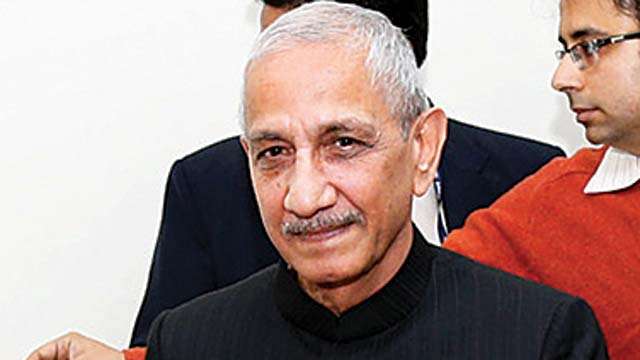At a time when a new government is about to take over, it is but natural for the people to expect something better as for the degree and quality of governance is concerned. Various ministries and departments are likely to get the kind of attention they deserve and this, it is hoped, will be reflected in the low pendency of important tasks. Files instead of gathering dust in government cupboards for want of attention may move to where they are supposed to be for next stage of execution. In fact all the loud rhetoric of PDP and BJP about good governance will make sense only when people get to witness better pace and culture of work in government departments. Otherwise, as has been the case in the past — including in six years of the NC-Congress dispensation — the government assertions usually remain confined to official statements alone which neither the government nor people of the state attach much meaning to.
Jammu and Kashmir is a conflict-ravaged state. Among all the various factors responsible for the peoples’ alienation, corrupt and bad governance are major causal factors that have contributed in aggravating the already precarious situation. Seen against this backdrop, it is obvious that the amount of responsibility on any government here is immense and far greater in magnitude than what it is elsewhere. Therefore, it is important that people in the corridors of power too understand the peculiar dynamics of the situation here. Instead of just parroting that they will provide caring and responsive and transparent governance, they will have to lead through example, which unfortunately people have not seen happening thus far. Harping about in rhetorical jugglery and expecting that this alone will suffice and change the situation in favour of any political dispensation is like fooling around with the public intellect, which has every potential of rebounding on the faces of the rhetorical jugglers as was shown by the recent polls results. People want concrete action and they want to see this action triggering some positive change in the situation on ground. And unless the situation on ground changes, the public alienation which fuels their discontent and discomfort too will continue.
A cursory look on the post-conflict situations elsewhere in the world explicitly makes it clear that reforms in the government are a vital element that needs serious implementation. The kind of governance which fueled the conflict in the first place cannot be allowed the privilege of status quo. If it happens, it is like pushing the place further deeper and deeper into the conflict trap. Post-conflict reconstruction process needs a massive reform process at more or less all levels of the government edifice. It needs people of great integrity and public stature to lead from the front, and to attract and coerce others to follow. All the ministers and those in the bureaucracy have to be sensitive to the peculiarity of the situation in Jammu and Kashmir. Being a minister or a bureaucrat doesn’t mean enjoying power and privilege alone; it also brings with it a huge set of responsibilities. Anyone who cannot shoulder the responsibilities and perform duties which come with power has no right to be in chair.
Instead of feeling overwhelmed in the face of a truly overwhelming situation obtaining in the state, it will be wise if new government starts by going to the basics – and putting things in place there. To begin with a simple question could be asked: what is it that holds people from identifying with the government and its institutions? Thought about seriously and sincerely, the question itself will spell out the roadmap for government to break the ice. Certainly not everything could and should be blamed on the separatist politics and its influence; the government too will have to accept its complicity. If one side is pulling public away, the other side too is culpable of pushing people towards right – or at least letting people fall to the right. May be people still will, but no government can let it happen by default.
Government institutions here are facing a terrible credibility crisis, which certainly can’t be without a reason. Wisdom lies in identifying these reasons, for then only could one be expected to initiate measures to address the problems.
courtesy: Kashmir images














Leave a Reply